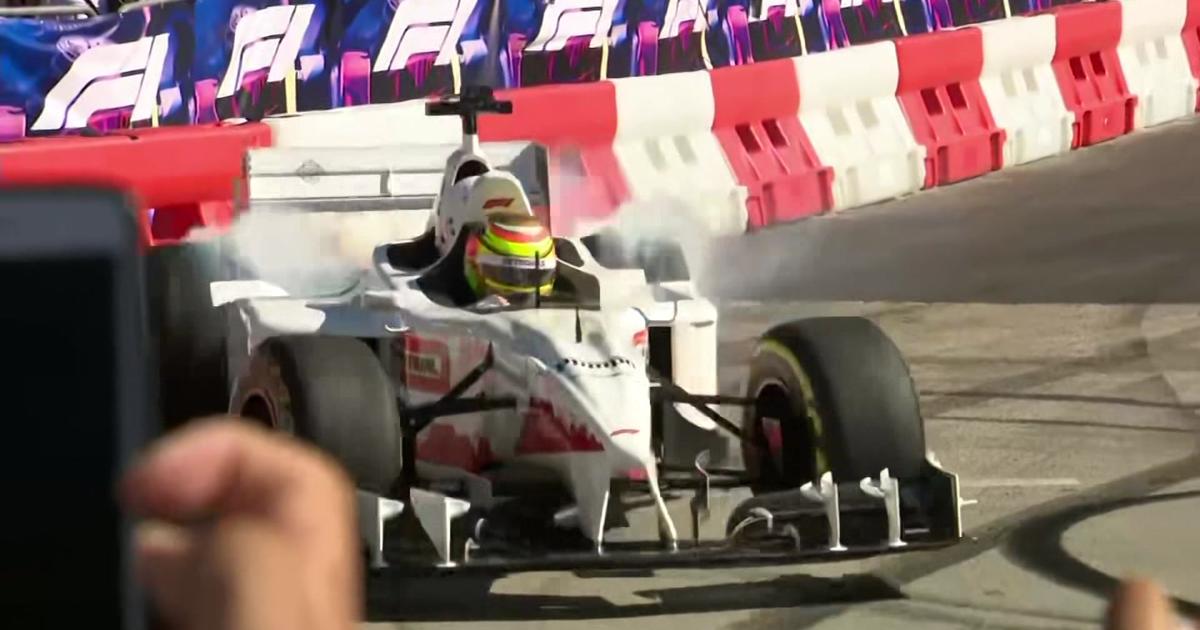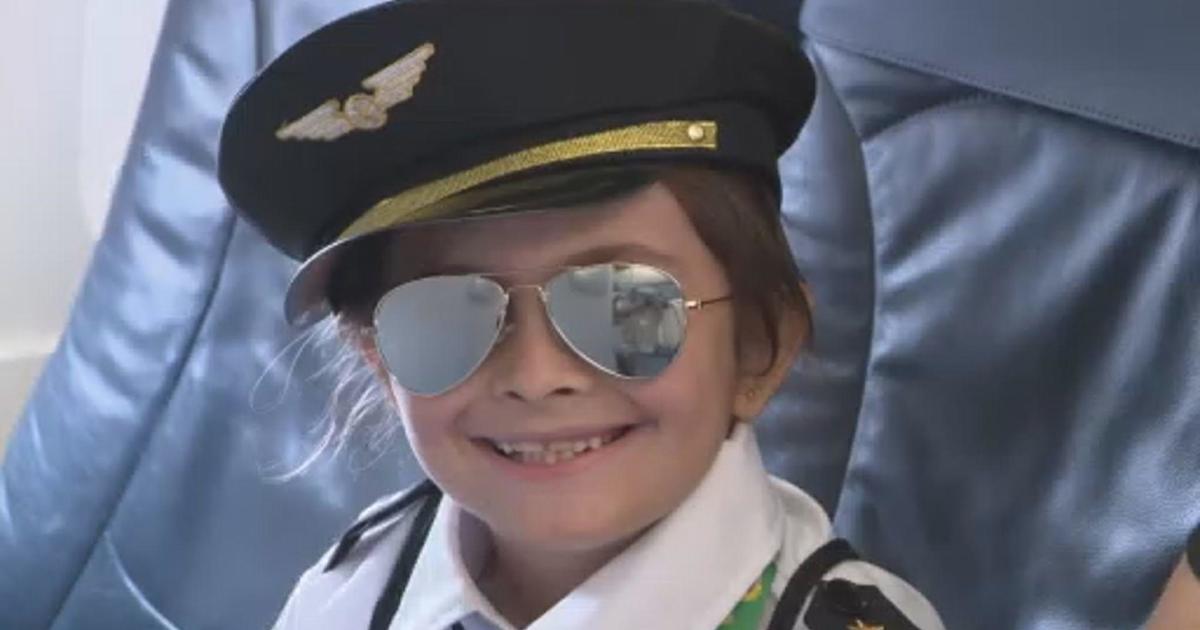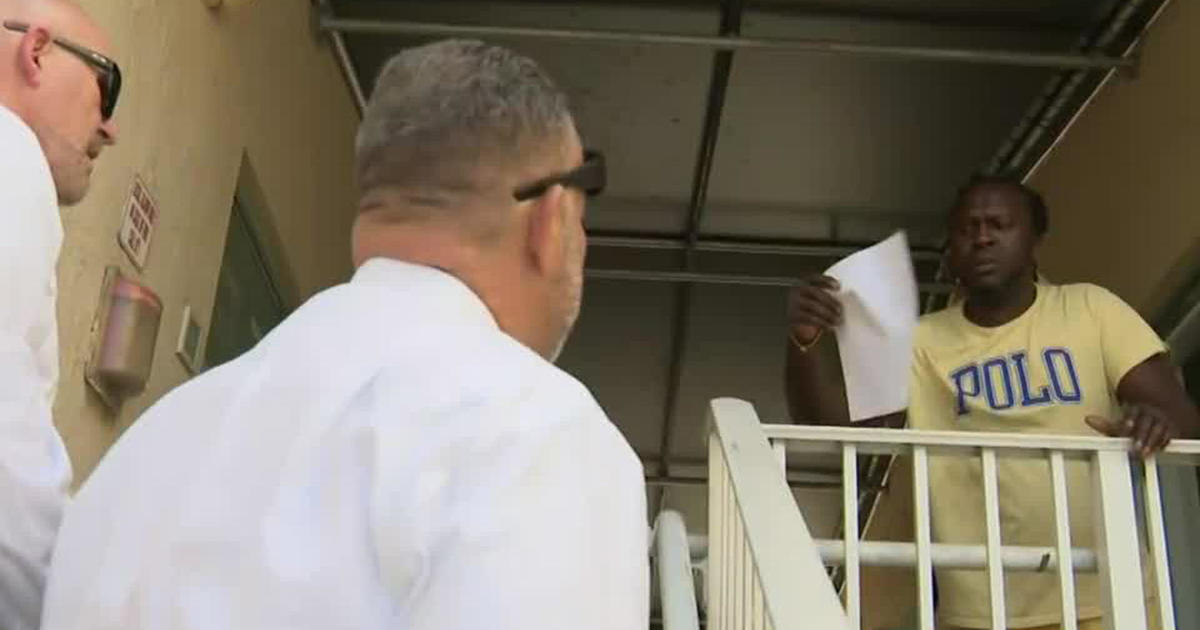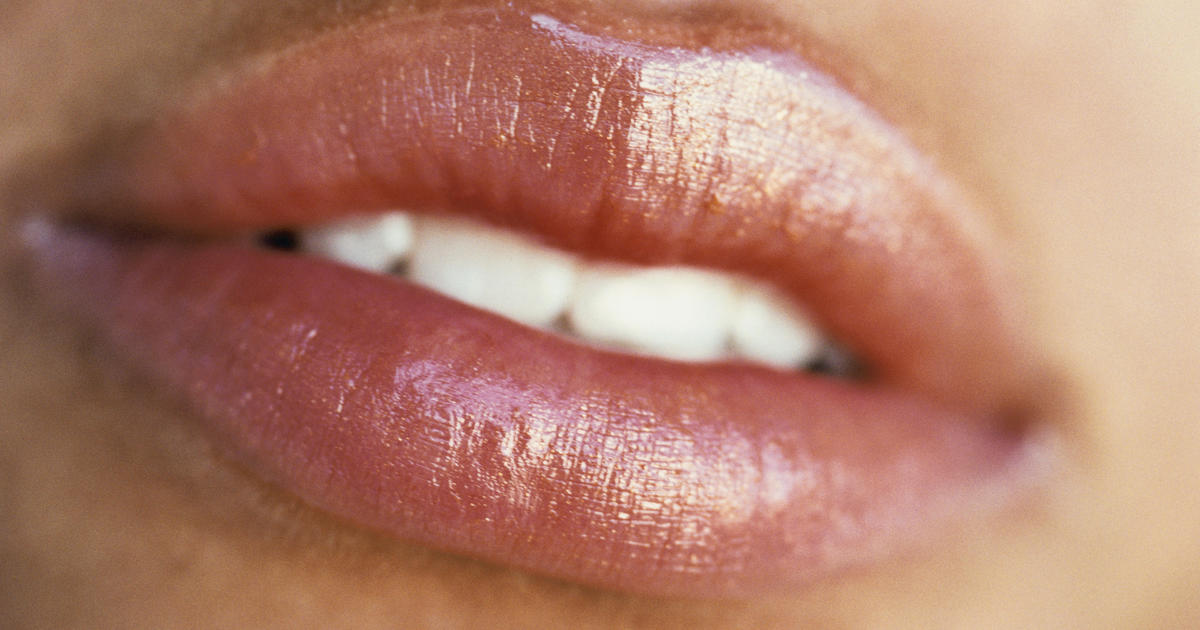South Florida In Recycling Crisis; Why One Local Community Is Rethinking Recycling
PEMBROKE PINES (CBSMiami) -- Recycling has been a staple in South Florida for decades, but recycling as we know it is in trouble due to a combination of international trends, mistakes at the curb and skyrocketing costs.
Now, one local community has taken the drastic step of burning all its trash.
Gabriela Wisniewski diligently rolls her bottles, cans and cardboard to her Fort Lauderdale curb each week.
The NOAA employee has been a recycling fanatic for decades.
"I think it's important for us to be good members of society and good stewards of the planet," said Wisniewski.
But increasingly in South Florida, the recyclables we think are going to Waste Management's mega facility in Pembroke Pines are going to a landfill, or in the case of Sunrise, to an incinerator because of skyrocketing costs.
When China stopped taking United States plastic and paper recyclables, it caused a crisis in communities here in South Florida and nationwide.
"Cities used to get a rebate, now it's a payout, it's a cost service and cities have to get used to that," said Dawn McCormick, a spokesperson for Waste Management.
Richard Salamon is the Sunrise City Manager. He says that his city's cost nearly doubled from $53 per ton to $96.
They made the decision to send all their trash and recyclables to a waste energy plant in Davie, where the material is burned and generates electricity.
For other South Florida cities, their recyclables are still going to the Waste Management plant in Pembroke Pines.
The plant takes in 700 tons a day, six days a week, but what's happening there is also contributing to the recycling crisis.
Twenty-five percent of what comes in isn't recyclable.
Things like electric cords, grocery store plastic bags, clothing, even baby walkers and more contaminate the load, causing a big problem for the recycling facility.
"We have to send workers in two to three times a day to cut out the plastic, it's dangerous and costly, and it makes it less valuable," said McCormick.
Cities pay more when they send in a contaminated load and what makes it worse is that South Floridians aren't doing a good job of recycling what is valuable and recyclable.
People are throwing in the trash what is valuable, plastic bottles and aluminum cans.
"We want to recycle clean and loose paper, cardboard, bottles and cans. When in doubt, throw it out," McCormick said.
WATCH: THE DO'S AND DON'TS OF RECYCLING
With recycling costs rising and landfill space shrinking, Broward is exploring re-creating something abandoned before, a regional system to handle trash and recycling.
Broward County Commissioner Beam Furr has taken the lead on this and finding other new solutions.
"We need to open the door to innovation and allow for American ingenuity to take place here," said Furr. "I saw a place that was building sea walls made of used plastic and we have plenty of plastic here."
Controlling our destiny will take years, for now, there are concerns with trash and recyclables going up in smoke.
"In terms of research, we are just scratching the surface," said Allison Rich, head of the Earth Ethics Institute at Miami Dade College.
She worries burning trash is hazardous to our health.
"All that particulate matter and lead in our trash goes into the atmosphere," said Rich.
The future of recycling hangs in the balance and it may be the end of an era or the beginning of something entirely new.
Here is what you can and cannot recycle:
DO PLACE IN THE RECYCLE BIN:
- Paper products clean and dry: newspapers, magazines, catalogs, telephone books, printer paper, copier paper, mail and all other office paper without wax liners
- Cardboard: packing boxes, cereal boxes, gift boxes and corrugated cardboard; Flatten all boxes before placing them in your cart
- Metals: aluminum (cans and bottles only) & steel (cans only) food and beverage containers
- Aseptic containers: polycoated drink boxes, juice cartons and milk cartons
- Glass: glass food & beverage containers (clear, brown and green)
- Plastic containers (bottles only): bottles, milk, water, detergent, soda and shampoo containers (flatten and replace cap)
DO NOT PLACE IN THE RECYCLE BIN:
- Plastic bags: do not place recyclables in plastic bags or place loose plastic bags in the recycling cart
- Pizza boxes
- Paper or cardboard soiled with liquid or food waste
- Batteries: dry cell batteries, lead acid batteries. See what to do with batteries
- Certain plastics: plastic bags, cups, utensils and plates, polystyrene (foam) products, egg cartons and trays, margarine and butter tubs, yogurt cups, plastic hangers
- Certain glass products: window or auto glass, light bulbs, mirrors, glass cookware or bakeware, ceramics
- Other non-recyclables: wire coat hangers, small appliances, microwave trays
- Home chemicals: paints, pesticides, pool chemicals, fertilizers and other household hazardous waste
- Garbage/food waste or other nonrecyclable waste: gas cylinders, tanks, rocks, dirt, building debris, garden hoses, flammables
- Medical waste and pharmaceutical
- Electronic waste and accessories: PCs, monitors, televisions, printer cartridges, keyboards, cell phones, CDs and DVDs
- Textiles: clothes, shoes, bedding, pillows, etc.



